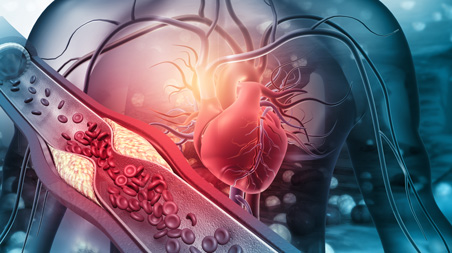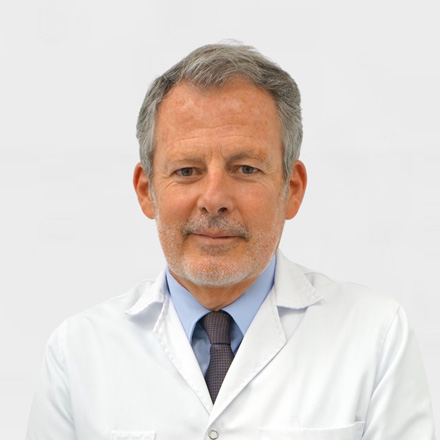Lifestyle Center

Neurological, Cardiological and Vascular Prevention Unit
For people who care about their health and rely on prevention as a means to protect it.
For people like you who care about their health and rely on prevention as a means to protect it.

Neurology Prevention Unit
The brain is an organ that slows down and becomes less active as it ages or is affected by a range of issues such as cerebrovascular risk factors (hypertension, cholesterol, diabetes, smoking...), the lack of proper rest, the loss of physical, intellectual and social activity, emotional alterations such as anxiety or depression, or unsuitable diet. That is why we have created the Neurology Prevention Unit, where we help you to avoid cognitive deterioration, brain ageing and its associated pathologies, analysing in a personalised, multidisciplinary manner the best way to increase the activity of your brain and prevent neurodegenerative and cerebrovascular diseases. We rely on specific brain training designed for each person.
The Neurology Prevention Unit offers diagnostic and treatment services to patients with nervous system diseases including Alzheimer’s, Parkinson’s, stroke and multiple sclerosis. It also offers prevention services to people with risk factors for developing neurological disorders, such as people with a family history or people who lead an unhealthy lifestyle.

Cardiology Prevention Unit
The Cardiology Prevention Unit aims to treat and prevent heart disease. Through comprehensive analyses, we assess the risk of developing or relapsing into diseases such as heart attack, stroke or arterial circulation problems. Our medical specialists analyse your medical history, lifestyle or work habits, type of diet and exercise, as well as carry out genetic analyses to determine your predisposition to suffer from a cardiological disease and thus establish a predictive clinical profile in order to anticipate possible cardiology pathologies.
It is aimed both at people who have suffered from a cardiac or vascular problem and those who are concerned about the risk of developing one.
Some of the activities covered by the unit are:
- Cardiovascular risk assessment: by performing tests such as blood tests, electrocardiograms, stress tests and heart imaging studies, we can determine the risk of heart disease.
- Advice on healthy habits: provides information on healthy eating, physical activity, stress management and other habits that can help reduce the risk of heart disease.
- Medical treatment: prescribes medications to lower cholesterol, control blood pressure and treat other medical conditions that increase the risk of heart disease.
- Cardiac rehabilitation programmes: offers exercise and physical therapy programmes for people who have suffered a heart attack or have undergone heart surgery.

Vascular Risk Unit
Cardiovascular diseases (stroke, vascular dementia, myocardial infarction, angina pectoris, heart failure, aortic aneurysm and lower limb ischaemia) are the leading cause of death and disability in industrialised countries. However, most of them can be prevented. Various genetic and environmental factors contribute to their development, usually through the presence of so-called risk factors such as hypertension, obesity, diabetes, smoking, high cholesterol, high triglyceride levels and metabolic syndrome. These same factors are also associated with the development of numerous chronic diseases, such as dementia or kidney failure, and bring an increased risk of premature mortality.
Vascular Risk Units are aimed at identifying and treating these and other risk factors optimally and comprehensively, thus allowing for a longer, healthier and higher quality of life.
Candidates for follow-up in a Vascular Risk Unit are people who already have some factor that puts them at risk of suffering future vascular complications (e.g. obesity, sedentary lifestyles, work stress, diabetes, smoking, high blood pressure or people with high cholesterol levels), people with close relatives who have had previous vascular complications (stroke, heart attacks, poor blood flow to the legs, etc.), or people who already suffer from a vascular disease and wish to avoid new complications in the future.






